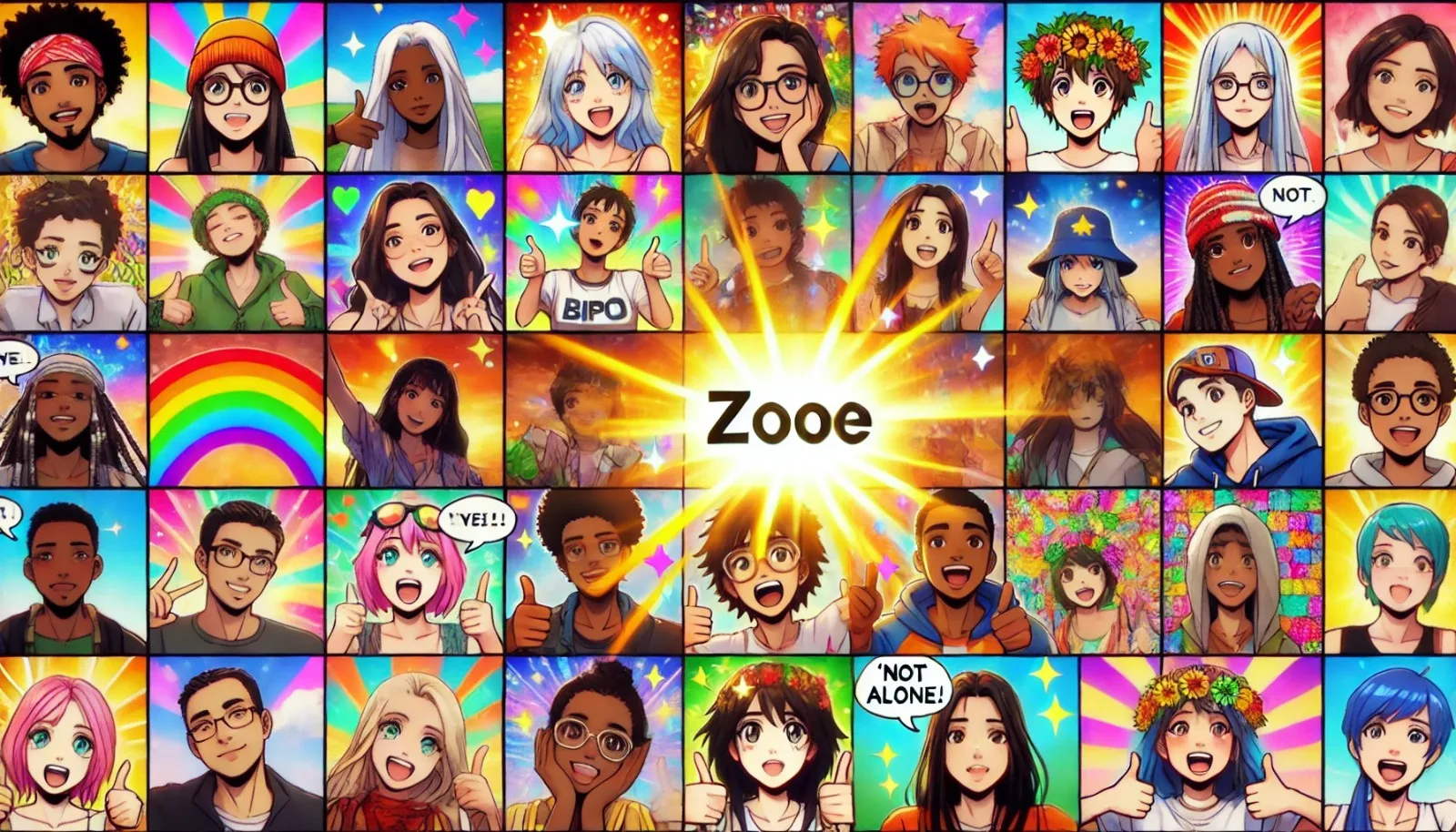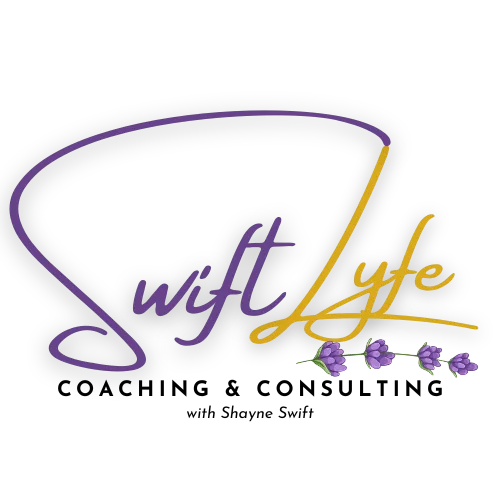When I embarked on my journey as an ADHD coach, I knew I was stepping into uncharted territory, both for myself and for the broader BIPOC community. Diagnosed as an adult in 2012, I had spent years feeling isolated in a world that misunderstood the complexity of neurodivergence. As I built my practice, one realization stood out: there simply weren’t enough people who looked like me, with shared cultural experiences, stepping up to support and lead in this space. This awareness fueled my desire to create something meaningful—a place where BIPOC ADHDers could find connection and validation.
The power of community became evident during our recent virtual event, where I invited participants to share their stories, experiences, and strategies. The agenda was thoughtfully laid out: we would start with shared experiences, move into breakout rooms, and come together for group reflection and wellness check-ins. The chat came alive with participants sharing their reasons for joining and where they were logging in from, some even sharing a bit about their backgrounds and why this gathering mattered to them. One comment that stuck with me read, “I’m here because I need to know I’m not alone in this.”
Exploring Unique Challenges in the BIPOC Community
ADHD within the BIPOC community presents unique challenges that go far beyond the typical diagnostic hurdles. During our session, stories emerged that highlighted these layers, from the stigma rooted in cultural conditioning to the fears surrounding stereotypes and bias. As we shared, it became clear that many participants felt a profound hesitation about embracing an ADHD diagnosis due to how it might be perceived by others.
This resistance isn’t unfounded. The roots of rejection are deep, starting with societal expectations. BIPOC individuals are often told they must “work twice as hard” to be seen as capable in a world that already subjects them to heightened scrutiny. To add ADHD into that equation feels daunting. I recalled conversations where people expressed the burden of thinking, “I’m already [Black/Latinx], already battling [racism/inequality]… and now ADHD on top of all that?” The frustration is palpable, and the reluctance to accept this label is often a defense mechanism against being further marginalized.
The Danger of Rejecting the Diagnosis
Many participants shared how the weight of stereotypes—like being seen as lazy or unmotivated—fed their initial rejection of an ADHD diagnosis. One attendee, Stephanie, expressed how this fear plays out in everyday life: “I don’t even want to broach the topic of ADHD with my family because I’m worried they’ll just see it as an excuse.” These stories are not isolated. They reflect a broader struggle within BIPOC communities where mental health is often stigmatized, leading to isolation and shame.
Cultural values that emphasize self-reliance and resilience also play a significant role. Many of us grow up with the belief that asking for help is synonymous with weakness. It’s this cultural conditioning—combined with historical mistrust of the medical system—that keeps many BIPOC individuals from seeking or accepting a diagnosis. I shared an anecdote about my own mother, who, despite her struggles and a progressive illness, never saw my childhood ADHD traits as anything beyond typical behavior. She simply didn’t have the bandwidth to think beyond immediate survival.
The Impact of Internalized Stigma
This hesitation has real consequences. The weight of community expectations can make it feel impossible to admit we have ADHD. We often fear that acknowledging neurodivergence will reinforce negative stereotypes or make us seem “less than.” The result is a deep, personal identity conflict that prevents many from seeking out the resources and support that could change their lives.
One of the most emotional moments in our event was when PB shared, “I know my identity, but even with validation from my own experiences, it’s still hard. The health system, even therapists of color, has been a source of harm.” These raw, honest exchanges illustrated why spaces like ours are essential: they provide room for vulnerability and strength, for sharing struggles and celebrating small wins. As Olivia put it, “I want to connect with others who understand my experience and know what it’s like to straddle multiple identities.”
The Collective Impact
The power of gathering was not only in sharing stories but in fostering a sense of advocacy and hope. Marianna, a fellow coach and ally, offered an insightful perspective: “Reframing neurodivergence through the lens of culture and family history can change everything.” It was a reminder that when BIPOC individuals speak openly about their ADHD, they begin to shift the stigma within their communities and inspire future generations to approach neurodivergence with greater openness and understanding.
Changing the Narrative and Moving Forward
Representation matters, and when BIPOC individuals embrace their ADHD diagnosis and share their stories, they create a ripple effect that shifts perceptions. This change empowers others to seek help, find support, and see neurodivergence as a strength rather than a limitation. I’ve made it a priority to be open about my journey—not just with clients but with my broader community. Advocacy begins with one person’s willingness to share, and it grows into a movement as more voices join in.
Our recent event was more than a meeting; it was a small win—a testament to the power of collective action and the beginning of something greater. It marked the start of many more conversations and gatherings to come, each one aiming to build understanding, celebrate progress, and foster resilience. When BIPOC individuals and allies come together, the collective strength inspires hope and underscores the importance of continuing this work.
Together, we can redefine what it means to live as neurodivergent BIPOC individuals—not as people burdened by labels but as a community bound by strength, understanding, and resilience.
#ADHD #BIPOCADHD #Neurodiversity #ADHDCommunity #ADHDCoaching #CHADD #ICF #ADHDCoachesAssociation #RepresentationMatters #EmpowerBIPOC #ADHDAwareness #ADHDAdvocacy #NeurodivergentVoices #ADHDJourney #CommunitySupport #BreakingStigma #ADHDEducation #StrengthInDiversity #ADHDStories #ADHDWellness


